2007 / Francis Lawrence > Will Smith’s best acting effort to date. Atrocious CGI mutants. Excellent action sequences. First 80% puts it in the top 5% of all sci-fi films ever made. Last 20% moves it back to the middle of the pack. Most of the story is better than the novel, but the ending, which couldn’t have happened in the novel, was too Spielbergian to be effective. This wasn’t just a weak ending; it was bad enough to render the whole film meaningless and tasteless.
Category Archives: 3.0
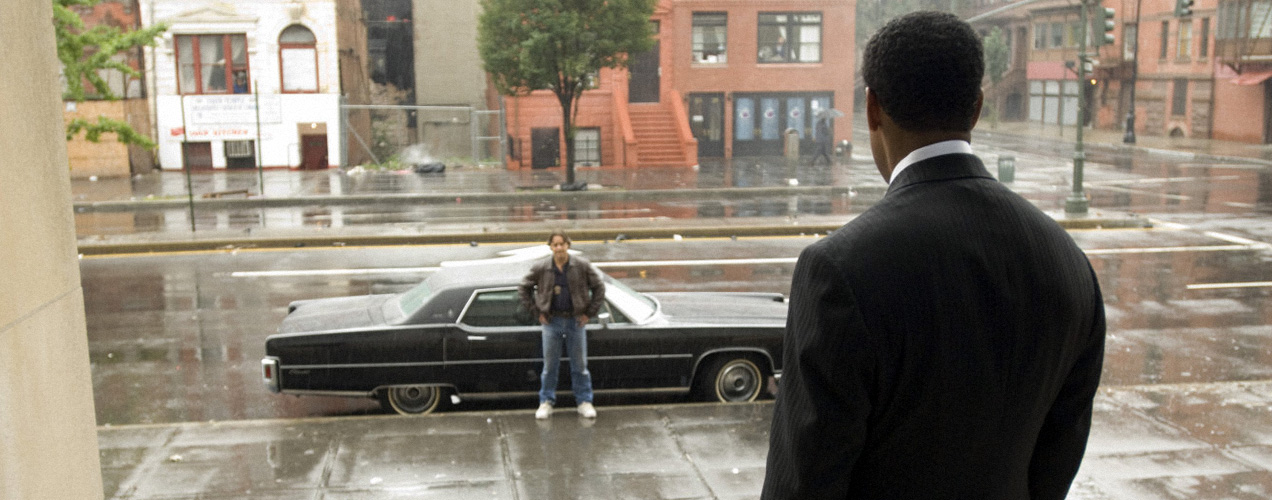
American Gangster
2007 / Ridley Scott > Bloated and unfocused, Scott’s epic fails to adequately build on the strong source material provided by the life and times of the notorious Harlem-based heroine distributor Frank Lucas. In fact, one of the most extraordinary angles of this story is left to a simple caption near the end which, if one has their head turned away for a split second, could easily be missed. Much could have been left on the cutting floor, much could have been added. Scott fails to give the audience an emotional center to latch onto besides the glorification of a gangster whose morality is seldom questioned. There is a belief that people who do socially irresponsible things (whether it’s polluting the earth or murder) do so because it’s the way in which they know how to live. American Gangster tries to tell us that over and over, but somehow never fully forms a complete thought to get that point across successfully.
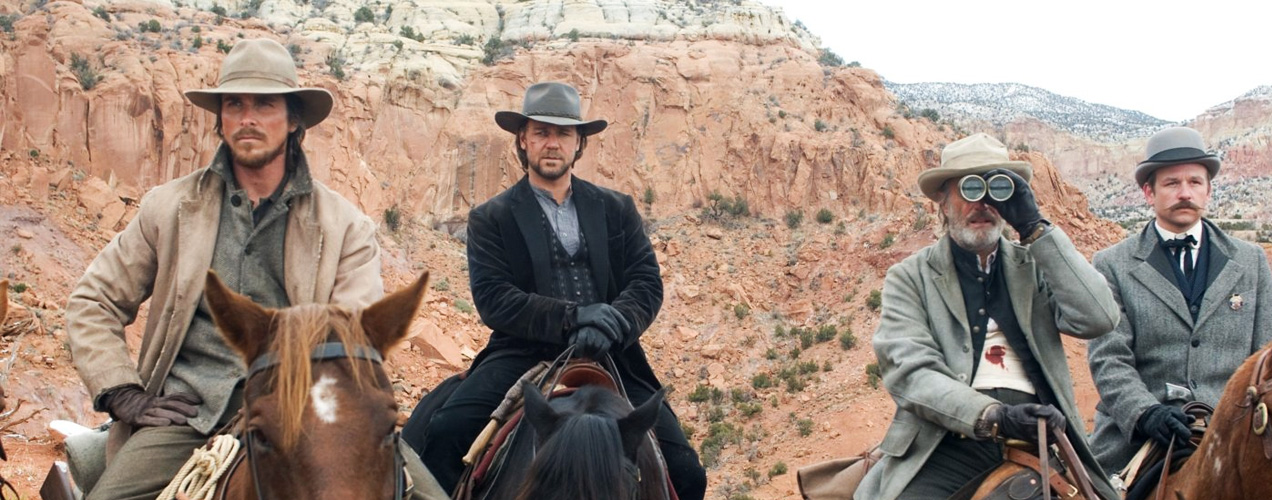
3:10 to Yuma
2007 / James Mangold > This retelling of 3:10 to Yuma is neither fresh nor does it take any risks. Using a conservative approach, the centerpieces effectively become Crowe and Bale, who, for a couple of foreigners, sure play the role of tough, Western men quite well. In my experience, there’s just something about Mangold’s style that cheapens the emotional plight of his characters. This, though, is not nearly as bad as Walk the Line, partially because the film pacing’s keeps our attention on the action. By the end, 3:10 to Yuma turns out to be a solid effort, even if it comes nowhere near the potential of its foundation.
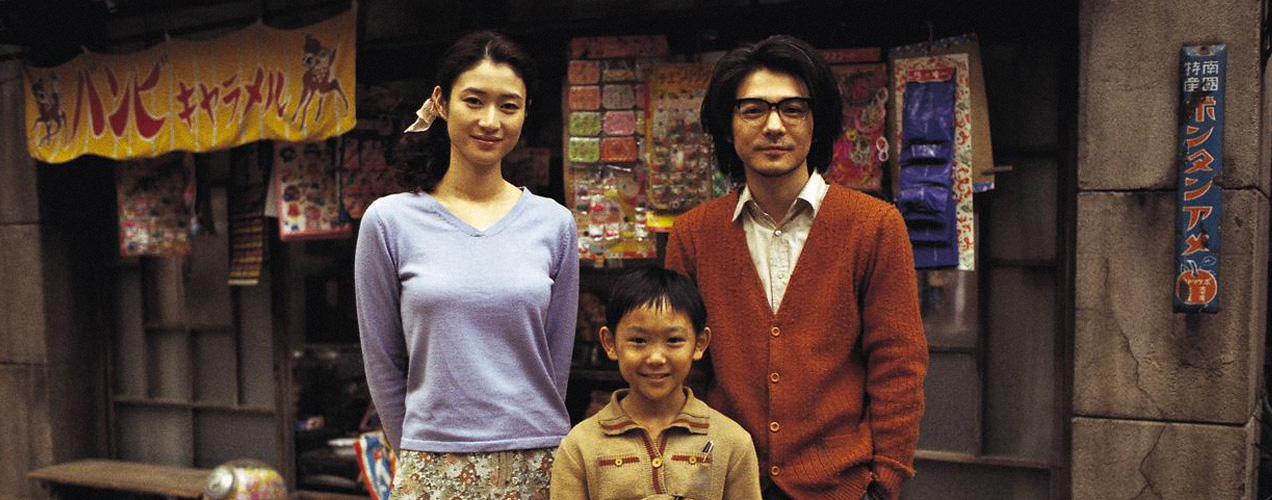
Always: Sunset on Third Street
 2005 / Takashi Yamazaki > Always may have been dominant in winning 12 of the 13 major Japanese Academy Awards in 2005, but its overly sentimental tone will hold it back from being a true classic. Set in the feel-good days of post-war Japan, the film’s depiction of family life in Tokyo is charming and full of heart, but the script’s overbearing emotion tends to undermine the sublime potential the characters themselves hold. Combined with the acting (which may be the strongest suit of the film and deserving of all its awards), Always ingeniously suckers you into tearjerker moments even if you could smell the set up a mile away—pretty impressive for a sterile, heavy-handed script.
2005 / Takashi Yamazaki > Always may have been dominant in winning 12 of the 13 major Japanese Academy Awards in 2005, but its overly sentimental tone will hold it back from being a true classic. Set in the feel-good days of post-war Japan, the film’s depiction of family life in Tokyo is charming and full of heart, but the script’s overbearing emotion tends to undermine the sublime potential the characters themselves hold. Combined with the acting (which may be the strongest suit of the film and deserving of all its awards), Always ingeniously suckers you into tearjerker moments even if you could smell the set up a mile away—pretty impressive for a sterile, heavy-handed script.
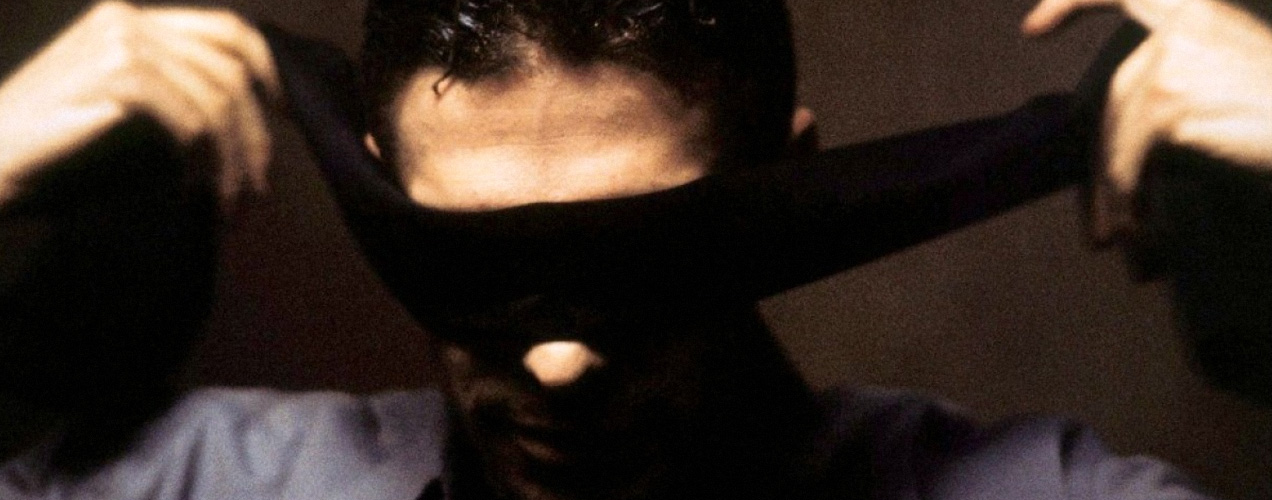
Intacto
2001 / Juan Carlos Fresnadillo > While luck transference is an interesting premise and the execution is sharp and solid, I found it hard to get over the film’s conclusion. Filled with Hollywood-style simplification, the ending spirals downward into something sentimental and unsatisfying—so very disappointing after Intacto showed such great promise and freshness with its darkly calculated, brooding style/mood.
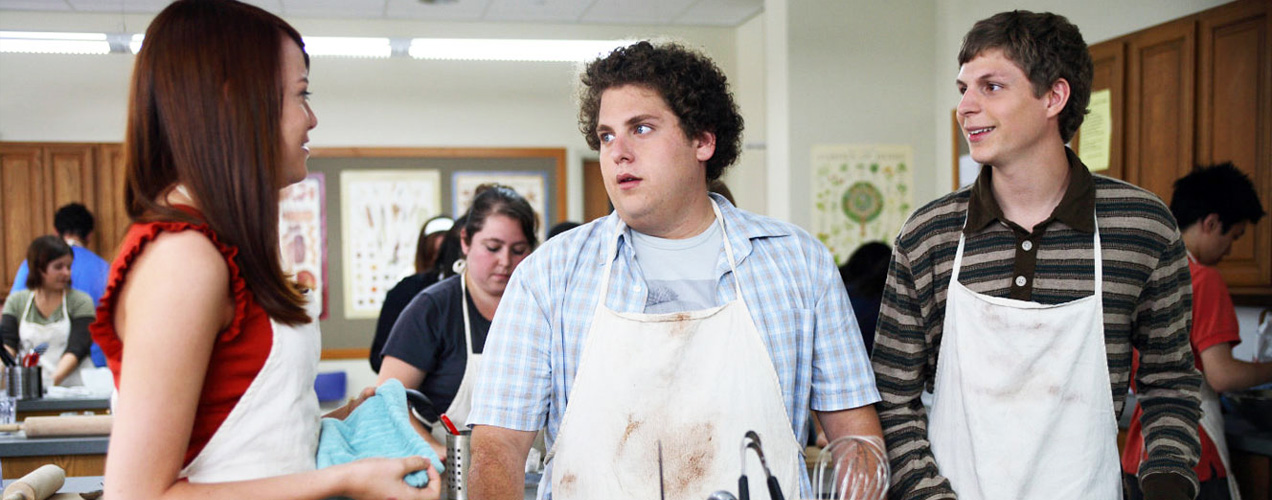
Superbad
2007 / Greg Mottola > Superbad is a lot of fun but, unlike the subtle brilliance that’s persisted in previous Mottola/Rogen works, childish jokes make up a bulk of its content. It straddles an awkward middle ground where it’s neither intelligent nor stupid, and while that might work for some, I found it hard to position in my list of adolescent comedies. Cera’s fine—his work on Arrested Development suits him better, but this is by no means a stretch. There are moments that are nice and cuddly yet not cheesy, which is a pleasant surprise. But ultimately, the storyline fails to stand out—as the “get laid before high school ends” plotline is anything but uncommon—and the afterglow is made less memorable by the fleeting nature of its juvenile jokes.

Volver
2006 / Pedro Almodovar > The worst thing about Almodovar most people can say is that he’s got his own unique style—so unique that once you’ve seen a decent amount of his films, you start taking him for granted. With Volver, for once, I’m not taking him for granted, but unfortunately, I’m also not letting him slip by so easily either. The film may be my least favorite in his oeuvre, and although it’s better than the barrage of films the industry puts out, it strains the soul in getting started and then challenges the mind in its plotting audacity.
Talk to Her, my favorite by the director, is gracious in its unfolding of events while Volver continuously hints before spilling the beans with simple dialogue. The twists are nearly predictable and fairly lazy—not what I expect from a masterful storyteller. Thankfully, he’s skilled enough to not make them the cornerstone of the film, but that doesn’t keep Volver’s center of gravity from shifting away ever so slightly so that the characters’ plights suddenly have less meaning, and we lose sight of some of the original dilemmas presented.

Ocean’s Thirteen
2007 / Steven Soderbergh > I had such distaste for the first sequel that I had little initial inclination to see this regardless of positive word of mouth. Thankfully, I let that slide because this is arguably more satisfying overall than even the original, albeit the level of disbelief you must suspend to thoroughly enjoy it is quite inexplicable. The overall show is as sharp and sleek as ever, and the addition of a spicy Ellen Barkin adds a nice bit of spunk on top. Ultimately, the fact that the bottom doesn’t fall out of the plot in the first twenty minutes is a great reason it should survive most attention spans, if not overwhelm them.
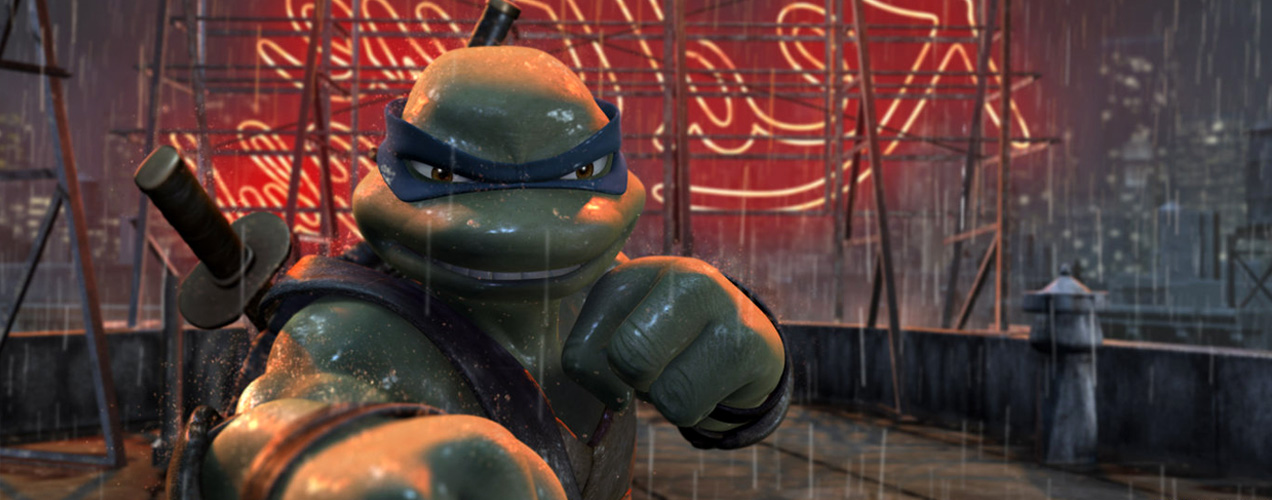
TMNT
2007 / Kevin Munroe > Harshly misjudged by critics who never appreciated the original cartoon series in its heyday, TMNT is incredibly beautiful, often funny, sometimes serious and overall enjoyable piece of work. It’s not great cinema, and it doesn’t go beyond its safe zones, but it does what it does well. I simply couldn’t help at times to think that the animation was completely outsourced from Hong Kong, with its production values as good if not better than anything Pixar’s put forth. Obviously, the story remains the key, and while it doesn’t compete with Brad Bird’s output, it ends up having a slightly more mature tone that should satisfy those who have grown with the turtles themselves.
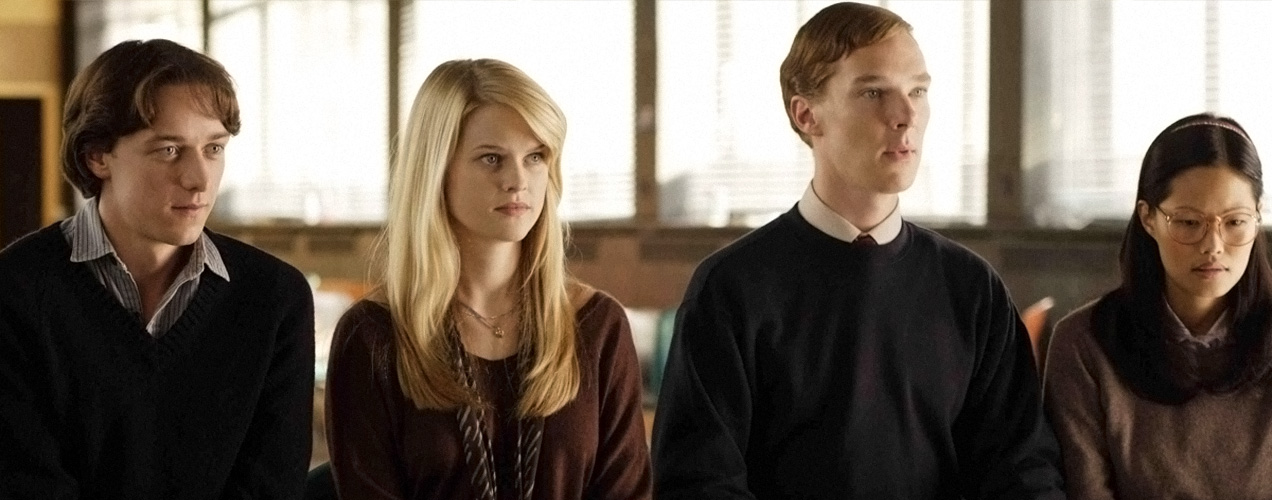
Starter for 10
2006 / Tom Vaughan > As a going-to-college-and-finding-myself story, Starter for 10 tries to be refreshing and original but ultimately falls back on stereotypes of girls, geeks and misunderstandings between best friends. That’s not to say that it isn’t arresting: It’s got enough tricks up its sleeve to keep our interest, with buxom beauties to Trivial Pursuit-brand trivia helping James McAvoy’s protagonist understand himself further. It’s funny and pleasant, and even while it tries to stretch itself thin sometimes with inadequate life-affirming theories, most viewers will let it slide and simply enjoy the ride.

